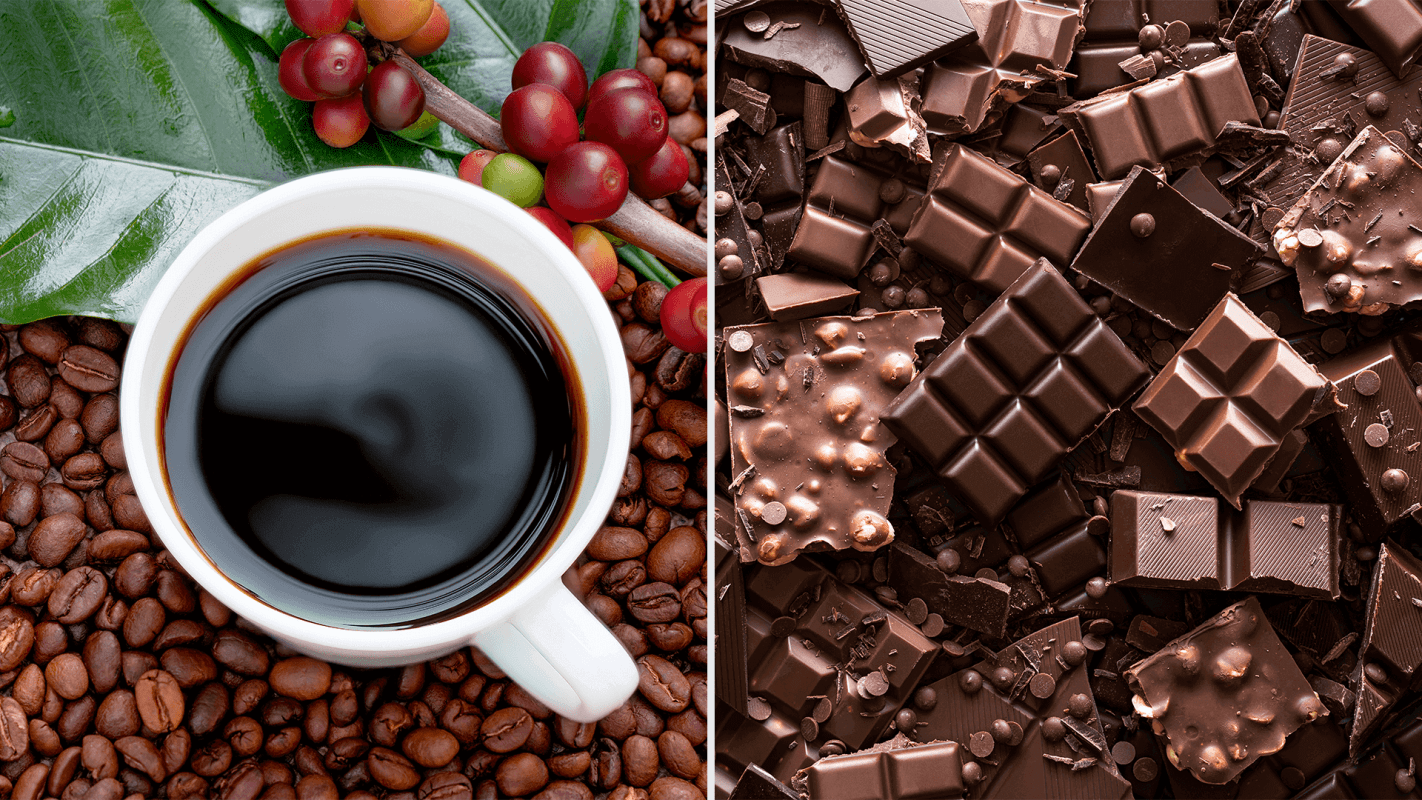The idea of an overheating planet is scary, but an overheating planet without coffee is even scarier.
Because so many of us are far removed from the farms and waters that produce our food, it can be a challenge to imagine how the continued overheating of the planet could affect our eating habits.
Here, we serve you a bit of perspective with five endangered foods that will become more expensive and harder to find as the planet gets hotter — with profound effects on our eating habits.
Chocolate

The West African Cocoa Belt produces 70% of the world's cocoa from cacao trees, and is facing increased temperatures, a 30% decrease in rainfall, and reduced humidity; dangerous conditions for cacao trees. By 2050, cacao bean production is expected to reduce by nearly a third, with inevitable consequences for chocolate production.
Coffee
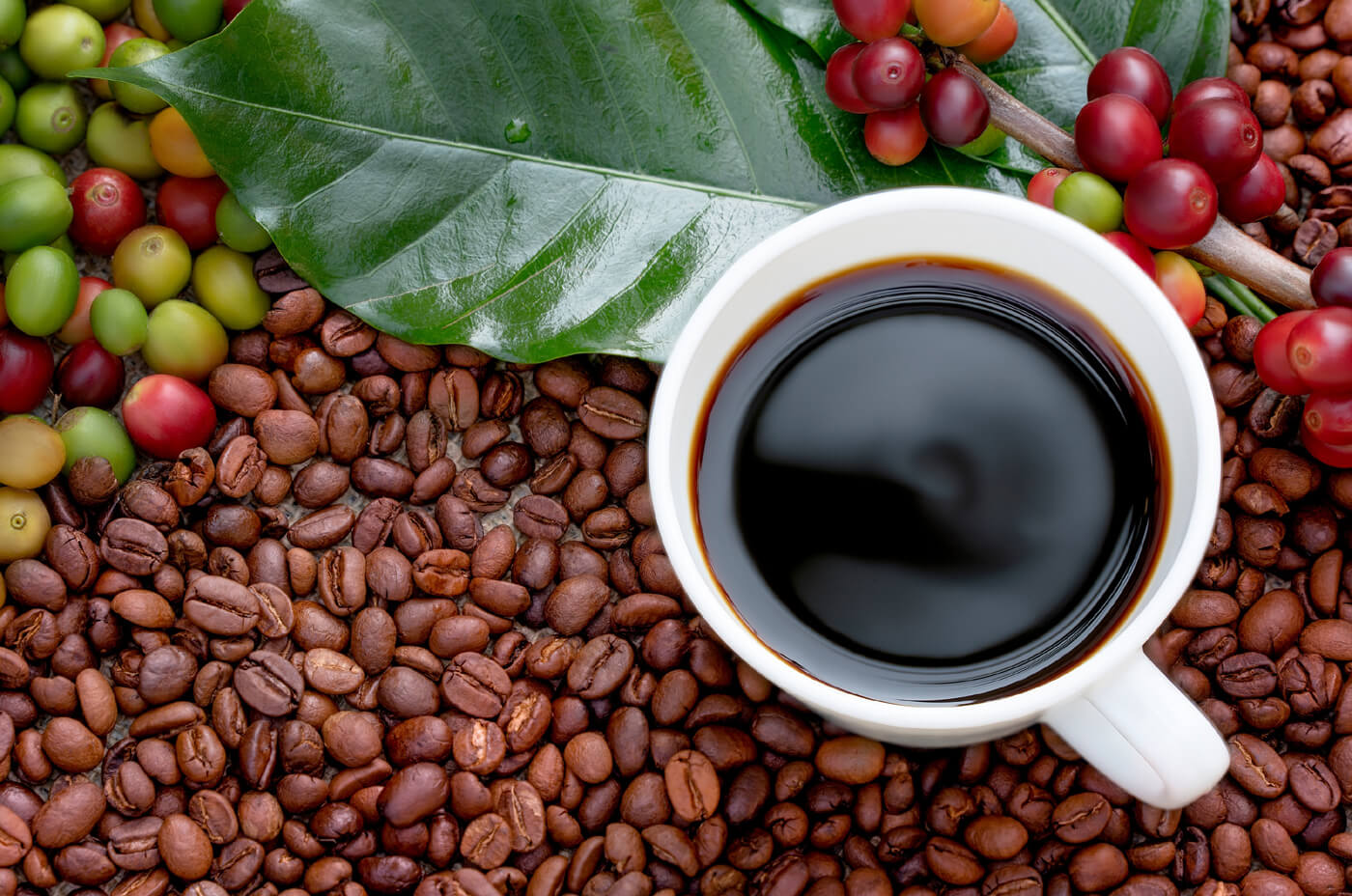
The coffee plant is another vulnerable crop. With warmer temperatures and more intense natural disasters, the number of regions best suited for coffee plants is predicted to decline by 50% by 2050, threatening your morning cup of coffee.
Seafood/Sushi
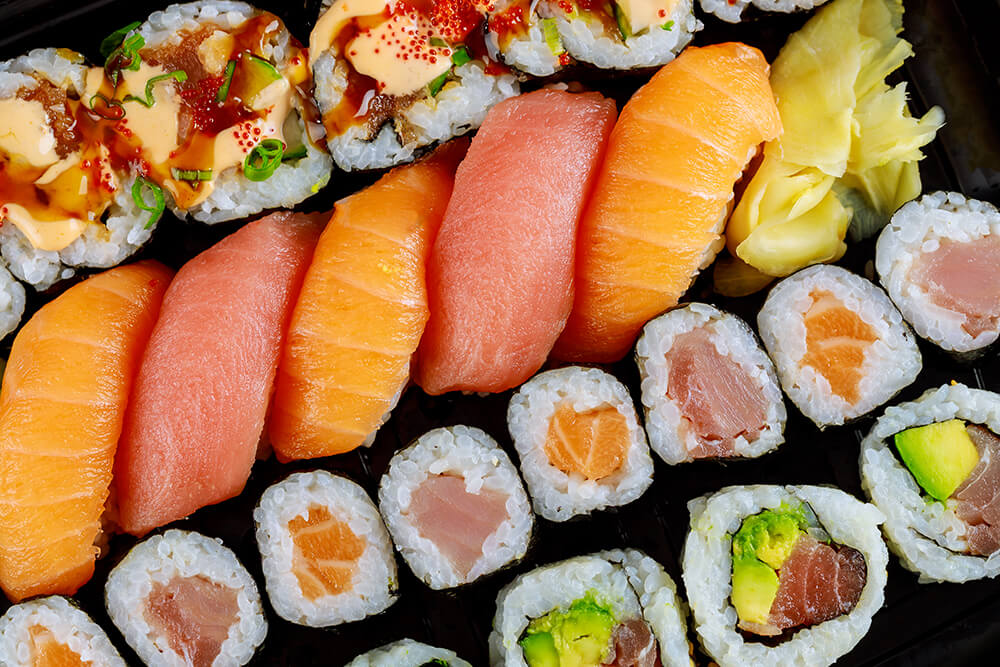
Say sayonara to your favorite unagi and ahi sushi rolls. Our oceans absorb nearly 90% of excess planetary heat, and warmer waters threaten the availability of seafood and sushi. Increased ocean temperatures could place 40% of the fish stock in the Tropics in jeopardy by 2050.
Wine grapes
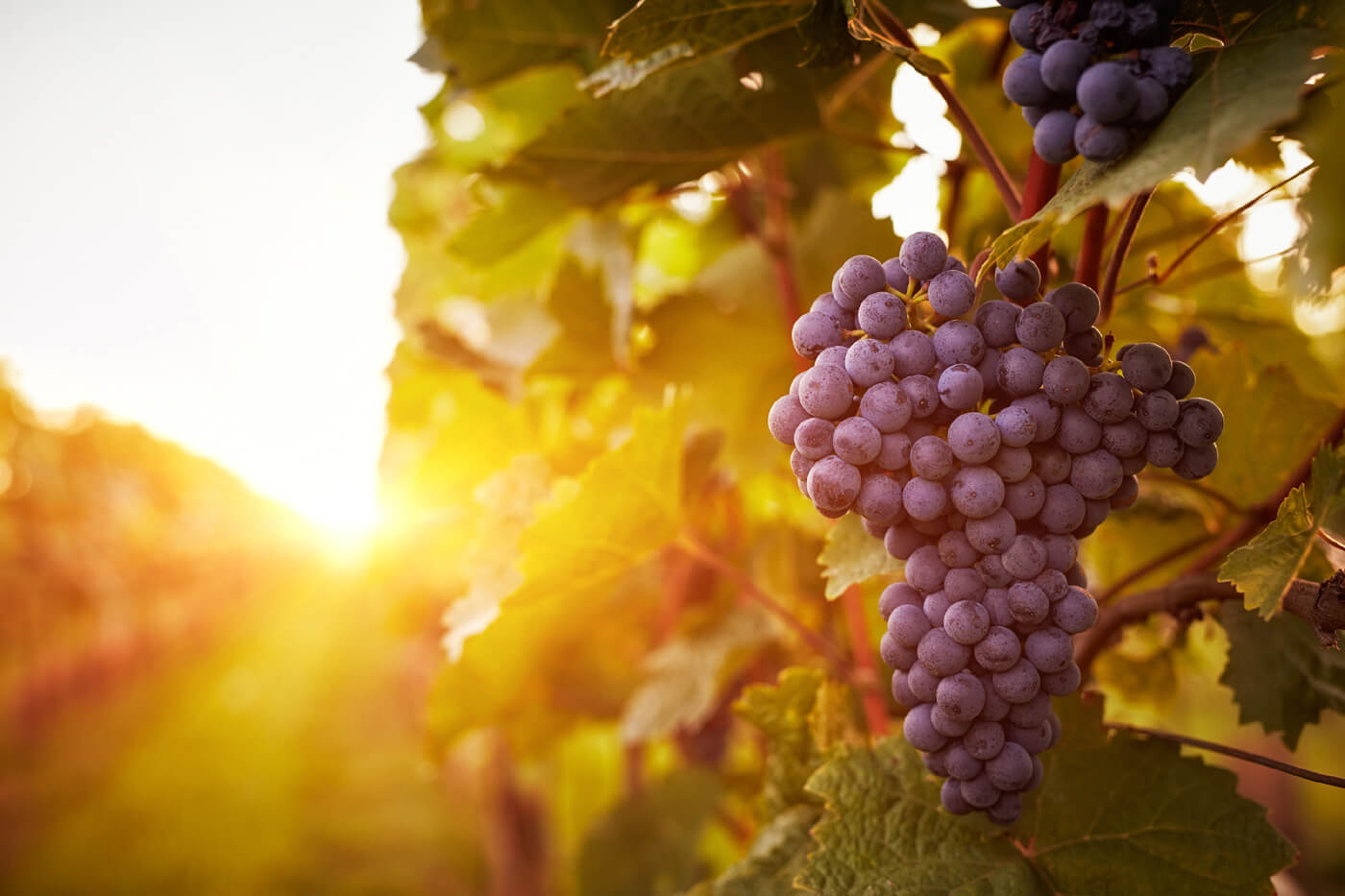
Wine grapes are defenseless against changes in their environment. Regions suitable for growing wine grapes could shrink by as much as 56% if Earth overheats by just 3.6°F. This threat to wine production is present today, as growers are already moving north to regions that would have been too cold to grow grapes in the past but are now suitable temperatures.
Honey
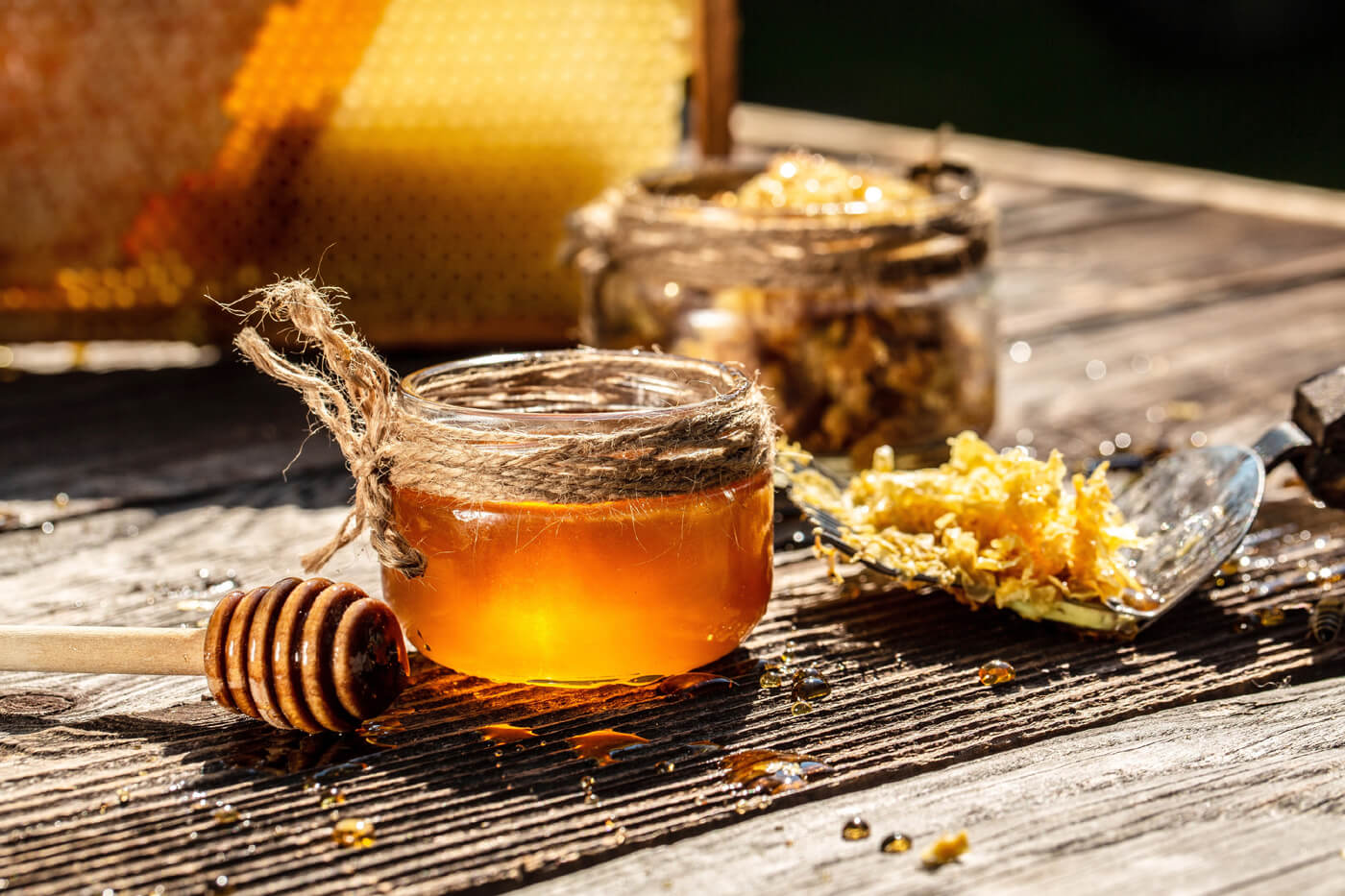
In 2021, French beekeepers had a honey harvest a third of the size of the 2020 harvest, the worst in 50 years. This drop in honey production is not an isolated event: Bee colonies are shrinking worldwide due to extreme weather events, habitat destruction, pesticide exposure, pathogens, and poor nutrition.
In the face of this threat, farmers and scientists are working to accommodate crops to environmental changes. One action we can take to help save these beloved endangered foods is to buy them from local and responsible producers whenever we can.
Follow The Cool Down on Instagram and TikTok.
